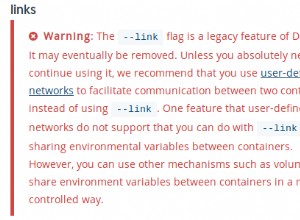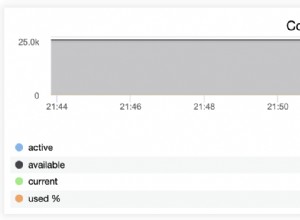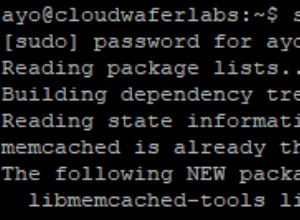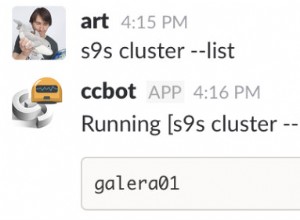L'ho risolto usando un CustomizedTypeAdapterFactory. Vedi questa domanda
Fondamentalmente prima scrivi un adattatore personalizzato:
public abstract class CustomizedTypeAdapterFactory<C>
implements TypeAdapterFactory
{
private final Class<C> customizedClass;
public CustomizedTypeAdapterFactory(Class<C> customizedClass) {
this.customizedClass = customizedClass;
}
@SuppressWarnings("unchecked") // we use a runtime check to guarantee that 'C' and 'T' are equal
public final <T> TypeAdapter<T> create(Gson gson, TypeToken<T> type) {
return type.getRawType() == customizedClass
? (TypeAdapter<T>) customizeMyClassAdapter(gson, (TypeToken<C>) type)
: null;
}
private TypeAdapter<C> customizeMyClassAdapter(Gson gson, TypeToken<C> type) {
final TypeAdapter<C> delegate = gson.getDelegateAdapter(this, type);
final TypeAdapter<JsonElement> elementAdapter = gson.getAdapter(JsonElement.class);
return new TypeAdapter<C>() {
@Override public void write(JsonWriter out, C value) throws IOException
{
JsonElement tree = delegate.toJsonTree(value);
beforeWrite(value, tree);
elementAdapter.write(out, tree);
}
@Override public C read(JsonReader in) throws IOException {
JsonElement tree = elementAdapter.read(in);
afterRead(tree);
return delegate.fromJsonTree(tree);
}
};
}
/**
* Override this to muck with {@code toSerialize} before it is written to
* the outgoing JSON stream.
*/
protected void beforeWrite(C source, JsonElement toSerialize) {
}
/**
* Override this to muck with {@code deserialized} before it parsed into
* the application type.
*/
protected void afterRead(JsonElement deserialized) {
}
}
E quindi crea una sottoclasse per tutte le classi che devono essere prese in considerazione. Devi crearne uno per ogni classe contenente un long (in questo caso). Ma non devi serializzare nient'altro che il valore lungo (e qualsiasi altro valore specifico di bson)
public class MyTestObjectTypeAdapterFactory extends CustomizedTypeAdapterFactory<MyTestObject>
{
public MyTestObjectTypeAdapterFactory()
{
super(MyTestObject.class);
}
@Override
protected void beforeWrite(MyTestObject source, JsonElement toSerialize)
{
//you could convert back the other way here, I let mongo's document parser take care of that.
}
@Override
protected void afterRead(JsonElement deserialized)
{
JsonObject timestamp = deserialized.getAsJsonObject().get("timestamp").getAsJsonObject();
deserialized.getAsJsonObject().remove("timestamp");
deserialized.getAsJsonObject().add("timestamp",timestamp.get("$numberLong"));
}
}
e quindi genera Gson con:
Gson gson = new GsonBuilder().registerTypeAdapterFactory(new MyTestObjectTypeAdapterFactory()).create();




